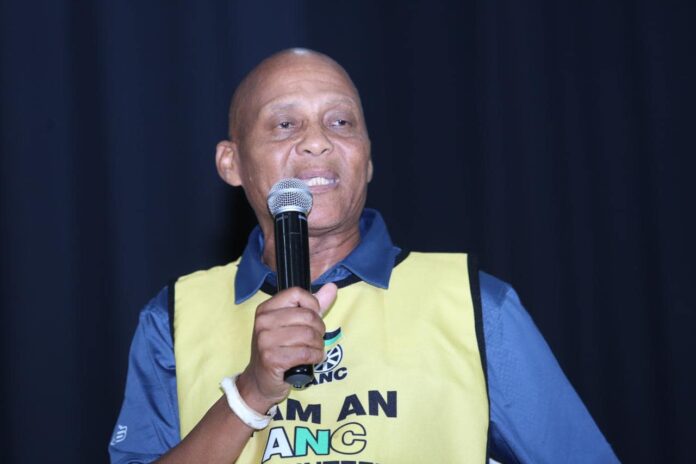Internal fighting and power struggles within the ANC in the Western Cape have resulted in the party losing its leadership control, thus giving the DA an upper hand in the province, a political analyst has reflected.
The ANC has been occupying the official opposition party benches since losing power to the DA in 2009 in the province.
In the recent election, the party received 19.79% of the vote, while the DA retained the province with 55% of the votes.
Internal conflicts to blame for ANC loss of power
Political analyst Sipho Seepe said the party invested a lot of energy in internal squabbles. This factor has led to its loss of power in the Western Cape.
 “The provincial leadership invested a lot of energy in internal fights. These fights mirrored those at the national level. They led to a state of paralysis. This gave the DA an upper hand. In addition, the ANC failed to manage public perception of itself,” Seepe said.
“The provincial leadership invested a lot of energy in internal fights. These fights mirrored those at the national level. They led to a state of paralysis. This gave the DA an upper hand. In addition, the ANC failed to manage public perception of itself,” Seepe said.
“This left the control of the master narrative to the DA. At the same time, the DA was able to craft a powerful slogan that sought to expose the ANC’s weakness. [This id did] by pointing out that where it governs, it does it better than the ANC.”
In a recent interview with Sunday World, the party’s provincial chairperson, Vuyiso JJ Tyhalisisu, said internal struggles and “palace politics” impacted the party.
“We are very proud of our record in the Western Cape between 2004 and 2009. [The ANC was] building a truly integrated province. It was beginning to close the gap between the poor and the privileged few. Unfortunately, infighting and ‘palace politics’ cost us dearly. On our record, we won, on internal politics, we lost.
The new generation has learned from these mistakes. From our time in the youth movement to leadership today, we know that we can only serve the people by focusing outside, not inside, our party,” Tyhalisisu said.
Election results an opportunity to reflect
The ANC is currently taking the lead in most provinces, except in KwaZulu-Natal and the Western Cape.
ANC provincial spokesperson Khalid Sayed said the provincial structure was now going through a period of reflection.
“We note the results in the Western Cape and we accept the outcomes. This is democracy at play. We have not done as well as we would like to have done in the province. That presents an opportunity for us to reflect. To also ask ourselves why the voting public has not seen us as an alternative government,” he said.
“We are going to need to prove ourselves as the opposition. And in doing so, continue to serve the public of the Western Cape as we have been doing.”




